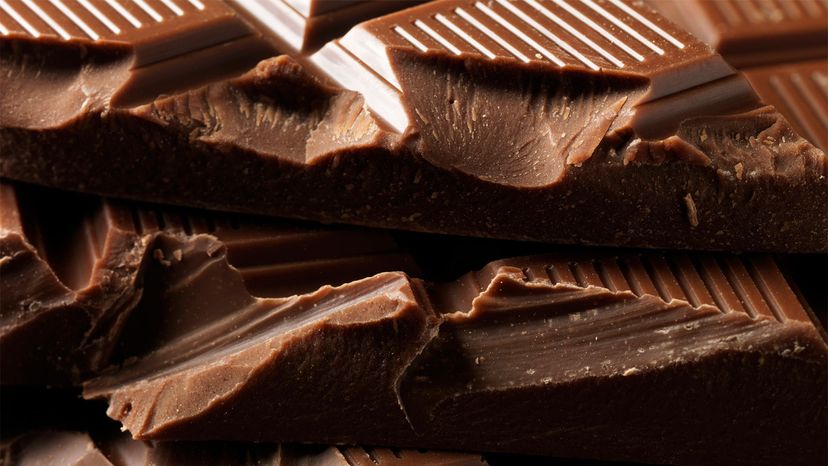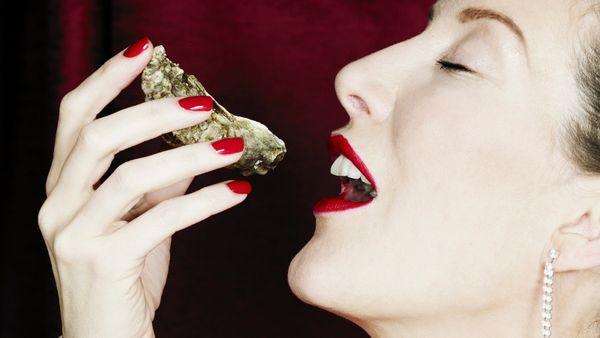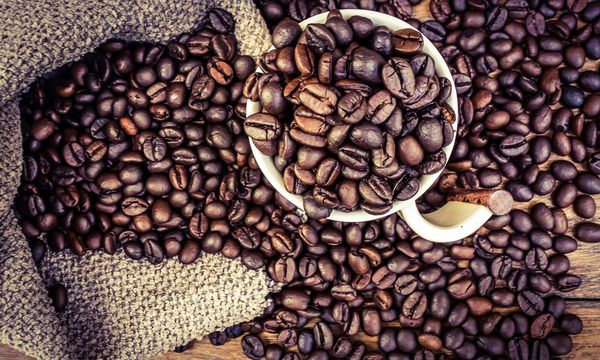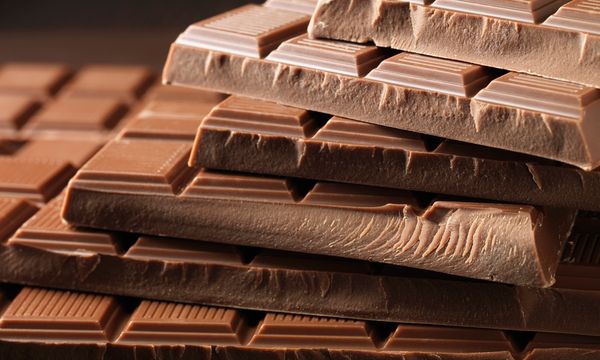
Love chocolate? You're not alone. In fact, the industry boasts a stunning worldwide value of more than $131 billion [source: Markets & Markets]. Whether you yearn for gourmet truffles, a gas station candy bar or a confection somewhere in between, some sort of chocolate-flavored product is likely your Achilles heel. Indeed, chocolate is so beloved that some people wind down a long, stressful day with a bit of chocolate rather than a glass of wine or a beer.
Although chocolate has been consumed since at least 1500 B.C.E., the way it's enjoyed today is a huge departure from how the original chocoholics tried it. Mesoamericans, who were the first to crack the potential of the cacao bean, simply fermented, roasted and then ground the beans to produce a bitter beverage. No sweeteners, no added sugar, just beans. The taste is fairly akin to taking a bite of today's unsweetened baking chocolate. Although it might not sound like such a delicacy, cacao drinks were often enjoyed on celebratory occasions, or to show one's status in society [source: Garthwaite].
Advertisement
Europeans later added sugar and milk, but they were still drinking chocolate instead of eating it until the Industrial Revolution. If entrepreneurs hadn't figured out how to process it further to make it easier to eat (and less expensive), chocolate might never have morphed into the pervasive treat that it is today. Can you imagine? Americans eat up to 12 pounds (5 kilograms) of chocolate every year, but they aren't the winners by far when it comes to chocolate consumption — that honor goes to the Swiss, who wolf down 22 pounds (10 kilograms) a year [source: World Atlas of Chocolate].
Next up, let's dive a little deeper into the sticky sweet history of chocolate.


